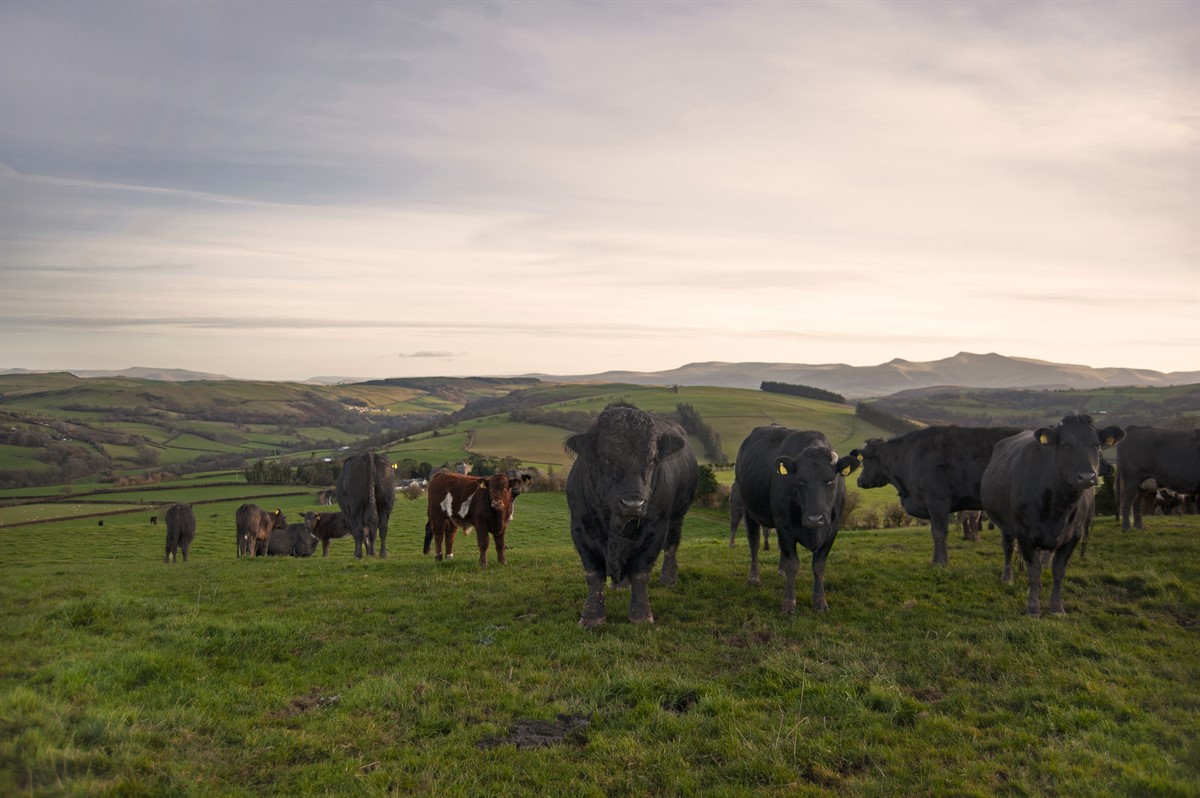In January 2022, the EU’s Animal Health Regulation (Regulation (EU) 2016/429) introduced a new requirement for farms producing animals or products of animal origin or germinal products for export to the EU (or movements to Northern Ireland) to be subject to ‘regular veterinary visits’.
Official Veterinarians (OVs) have had to certify compliance with this new requirement since 15th January 2022. As a temporary measure - farmer’s attestation had been in place to maintain trade to the EU. However, farmer self-attestation compromises the RCVS requirements for certification.
New rules
NFU Cymru still maintain that the farmer self-attestation covers the requirement and in fact would be better as it is the animal keeper’s responsibility to notify any suspicion of notifiable disease to their vet and it is the farmer who tends to their livestock 365 days a year. This unfortunately has fallen on deaf years both with Defra and Welsh Government.
In 2022 Defra/WG and the RCVS agreed that farmer attestations could only be used as evidence of compliance until 13 December 2023. From this date, evidence of the veterinary visits needs to be passed from the veterinarian on farm to the certifying OV at the end of the food chain.
Products exported to the EU
For products to be exported to the EU, the producer must have had in the 12 months leading up to 13 December:
- a veterinary visit or
- be part of a recognised assurance scheme.
This means farmers need to plan and arrange to have one of the visits in advance of the 13 December 2023 deadline. Without evidence that the farm receives regular veterinary visits, the OV at the slaughterhouse may not be able to sign a Support Health Attestation (SHA) facilitating products derived from your animals to be exported to the EU.
For non-assured farms - the vet visit can be combined with other visits covering routine work, providing that all species present at the premises are considered. The attestation visit can be signed from a retrospective or previous visit, such as a TB test.
VAN number
Farmers do not need to send paper copies of the vet attestation form with each animal or batch of animals which go to market or to a slaughterhouse. It is the Vet Attestation Number (VAN) which ‘travels’ with the animals to markets, slaughterhouses or collections centres.
The Vet Attestation Number (VAN) should be recorded on FCI documentation when an animal or animals move to market or slaughterhouse from last holding of residence.
Extension requested
For practical reasons we have asked government to extend the 13 December 2023 deadline as thousands of non-assured farms have yet to receive a vet visit and by shear vet availability alone it will not be possible to get them all done in two months.
And just a point to bear in mind, this requirement does not apply to domestic trade but remember that carcasses are sold in parts, and it is highly likely that some parts of carcasses will at some stage be exported to the EU and elsewhere. Also, important to note this relates to all animal species producing meat for export.
Looking to the future of vet visits, they are to become part of the new Sustainable Farming Scheme for scheme participants, a separate annual attestation visit will not then be required. Also, as EID Cymru develops there could be a digital solution to replace the current paper-based system which is open to errors not least with the 18-digit number as illustrated earlier.
Question and answer documents
Defra has put together a question & answer document to help farmers understand the new requirements. You can view the Q&A and the letter to producers below.


